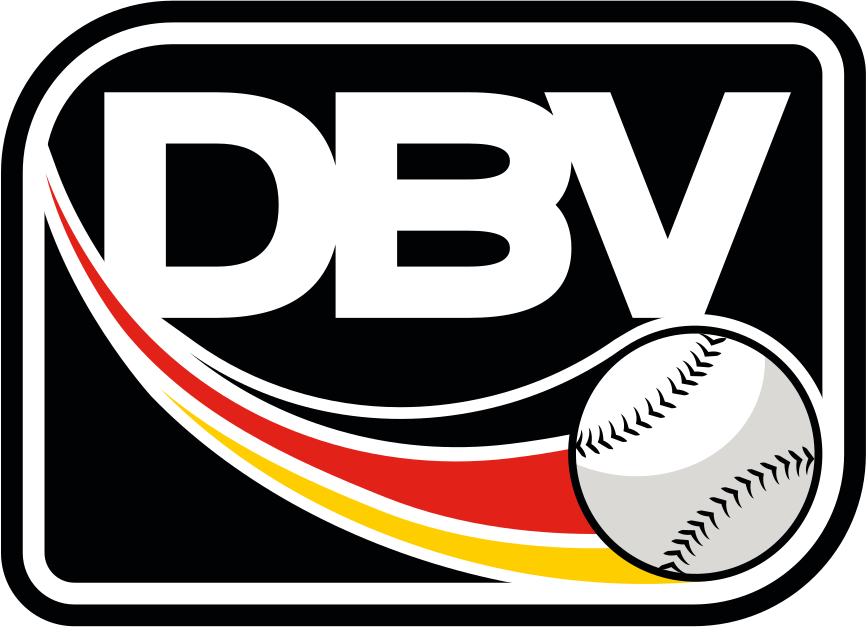Talent understanding and talent development among handball coaches in Norwegian and Danish sport schools
(Verstehen und Entwicklung von Talent durch Handballtrainer an norwegischen und dänischen Sportschulen)
Introduction: There is little consensus among researchers and scholars regarding the term talent (Baker, Schorer & Cobley, 2012), as well as among coaches (Ellingsen & Danielsen). The first aim of this study is to analyse how coaches at sport schools for athletes in the age of 15 to 19 understand the term "talent". The second aim is to determine how male handball players skills are developed at these selected schools.
Methods: Qualitative in-depth interviews were conducted in autumn 2015. Two sport schools in Norway and two sport schools in Denmark were included in the study. Coaches with daily contact with the students were interviewed, and their working experience ranged from 3.5 to 10 years. They also had experience as coaches at elite-club level. Some were former elite-level players.
Results: The understanding of talent seems to be different among the coaches. The schools aim for the players seemed to vary between countries. The coaches understanding of talent ranged from finding the "right types", to technical and tactical skills, physical abilities, will to work hard over time and prioritize, handling of adversity and the role of the environment. The findings indicate further that the Norwegian schools have a clear objective to develop a certain number of national and international players. The Danish schools tend to be more directed towards ensuring the students academic career and helping the students reach the objectives they set for themselves.
Discussion: The Norwegian coaches both stressed "reading of the game" as an important aspect of a talent among physical abilities such as height, speed and size, supporting Howe, Davidson og Sloboda (1998) focus on the inherently characteristics in an athlete. The Danish coaches combination on focusing on both innate abilities and the environments role corresponds with Baker et al. (2012) work regarding talent. Gagnés (2004) model "The Differentiated Model of Giftedness and Talent" and Bronfenbrenners (1979) ecological developmental model will be used to get a further understanding of talent and talent development in the schools.
© Copyright 2016 21st Annual Congress of the European College of Sport Science (ECSS), Vienna, 6. -9. July 2016. Veröffentlicht von University of Vienna. Alle Rechte vorbehalten.
| Schlagworte: | Sportschule Nachwuchsleistungssport Handball Talent Norwegen Trainer Organisierung Dänemark |
|---|---|
| Notationen: | Nachwuchssport Spielsportarten |
| Veröffentlicht in: | 21st Annual Congress of the European College of Sport Science (ECSS), Vienna, 6. -9. July 2016 |
| Herausgeber: | A. Baca, B. Wessner, R. Diketmüller, H. Tschan, M. Hofmann, P. Kornfeind, E. Tsolakidis |
| Veröffentlicht: |
Wien
University of Vienna
2016
|
| Seiten: | 296 |
| Dokumentenarten: | Kongressband, Tagungsbericht |
| Sprache: | Englisch |
| Level: | hoch |
